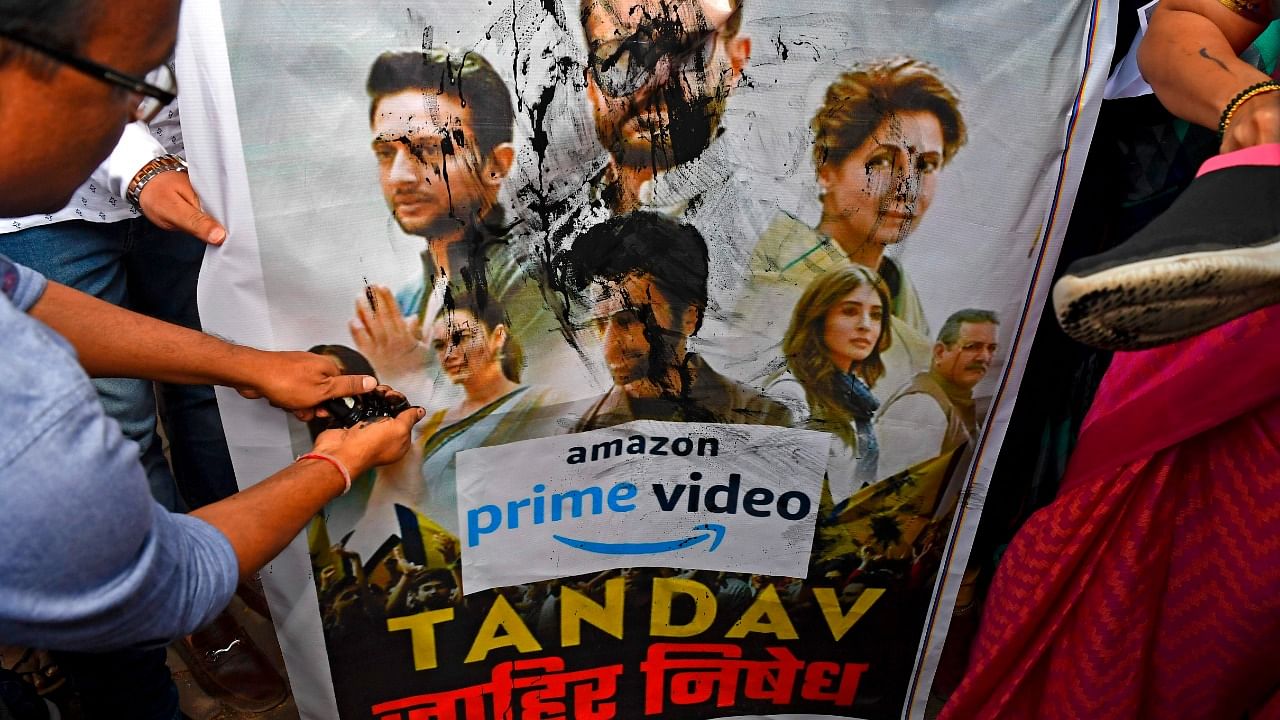
The amendments the government proposes to make in the Cinematograph Act are intended to give itself overwhelming powers to control the content of films and other works that come under the purview of the Act. The draft amendment bill gives the central government the power to order re-certification of a film which has already been certified by the Central Board of Film Certification (CBFC) as fit for public viewing. The power can be invoked by the government if there are complaints about the film from the public. The complaints may relate to the film being against the interests of the security of the State, public order, decency, morality, etc. In effect, the government becomes a ‘super censor’ and will have the last word on whether a film should be seen by the public or not. The move comes after the government has already abolished the appellate body for reviewing CBFC decisions.
The Centre’s power to reverse a CBFC decision has been tested in courts, which have ruled against it. The Karnataka High Court had in 1991 ruled that the government has no such power, in a case filed by Kannada filmmaker KM Shankarappa. The Supreme Court upheld the High Court ruling on an appeal by the government. The court said it was for the government to ensure that public order was not disrupted after a film was cleared through due process. The amendment is now being made, as the I&B ministry has made it clear, to override the court’s view. The ministry’s view that the power that is sought is derived from Article 19(2) of the Constitution which puts reasonable restrictions on freedom of speech is not right because the CBFC takes that into consideration before it takes a decision on a film.
There have been increasing complaints and protests against films in recent years on the ground that they hurt the sensibilities of particular castes, communities or other sections of people. Governments have usually supported such protests, instead of supporting freedom of speech and expression. Filmmakers, who have criticised the proposed amendment, have pointed out that in the last 14 months, at least eight films and web series have been attacked. The director of web series Tandav, Ali Abbas Zafar, was forced to issue an apology after cases were filed against him for hurting religious sentiments. In such an environment, the amendment would be a legal tool for the government to disallow what it does not like and allow only what suits its politics. It can shrink creative freedom. The move is part of the attempt to bring all media, including social media and digital news media, under the government’s control and to curb and abridge constitutional rights.